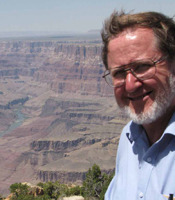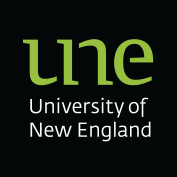Economics of Collections
Date: Thursday 27 April 2017, 12.00 to 1.00PM
Location: Lecture Theatre 3, UNE Business School, EBL Building (W40)
Societies maintain a wide variety of collections: art galleries and museums, libraries, national parks and heritage buildings, and scientific collections such as genetic collections (seed banks and zoos), collections of scientific instruments such as medical instruments and computers, and minerals, rock & ice drill cores, and soils. What collections should public organisations (as opposed to private collectors and philanthropists) keep, how big and with what accessions? Some of the relevant issues are economic; the costs of maintaining collections are relatively straightforward, the values may be less so. Many objects in collections have market values – most art works, many museum pieces, and rare books. Objects in some scientific collections have a derived demand – e.g. plant genetic collections. But others, such as drill cores and soils, have only scientific value. This seminar explores appropriate ways of valuing soil collections.
 David Godden has degrees in agricultural economics, arts and economics from UNE, and a PhD from the University of London (LSE). He worked for nearly 20 years in the NSW Department of Agriculture, primarily in the economic analysis of public policy. He was a senior lecturer in agricultural economics at the University of Sydney for 12 years, focusing on economic analysis of public policy and natural resource economics. His last job before retirement was managing an economics unit in NSW Government environment agencies from NPWS to the Office of Environment and Heritage. His most important legacy is the students he taught and the staff he was responsible for. See his full profile via University of Sydney webpage.
David Godden has degrees in agricultural economics, arts and economics from UNE, and a PhD from the University of London (LSE). He worked for nearly 20 years in the NSW Department of Agriculture, primarily in the economic analysis of public policy. He was a senior lecturer in agricultural economics at the University of Sydney for 12 years, focusing on economic analysis of public policy and natural resource economics. His last job before retirement was managing an economics unit in NSW Government environment agencies from NPWS to the Office of Environment and Heritage. His most important legacy is the students he taught and the staff he was responsible for. See his full profile via University of Sydney webpage.



Recent Comments